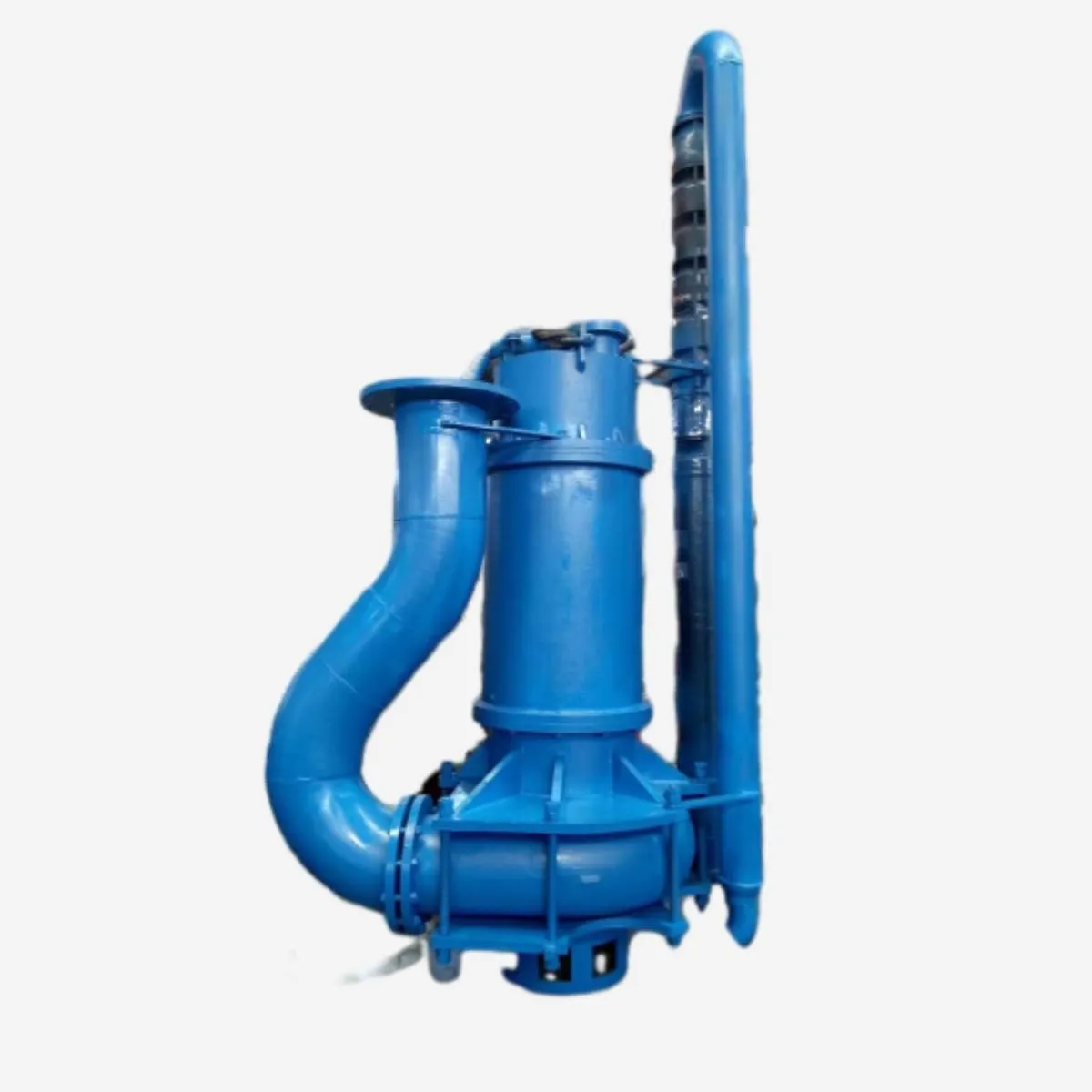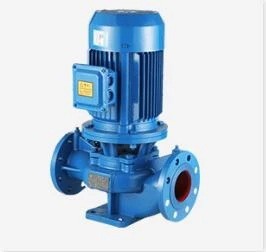TEL:
+86 13120555503
English
- Afrikaans
- Albanian
- Amharic
- Arabic
- Armenian
- Azerbaijani
- Basque
- Belarusian
- Bengali
- Bosnian
- Bulgarian
- Catalan
- Cebuano
- Corsican
- Croatian
- Czech
- Danish
- Dutch
- English
- Esperanto
- Estonian
- Finnish
- French
- Frisian
- Galician
- Georgian
- German
- Greek
- Gujarati
- Haitian Creole
- hausa
- hawaiian
- Hebrew
- Hindi
- Miao
- Hungarian
- Icelandic
- igbo
- Indonesian
- irish
- Italian
- Japanese
- Javanese
- Kannada
- kazakh
- Khmer
- Rwandese
- Korean
- Kurdish
- Kyrgyz
- Lao
- Latin
- Latvian
- Lithuanian
- Luxembourgish
- Macedonian
- Malgashi
- Malay
- Malayalam
- Maltese
- Maori
- Marathi
- Mongolian
- Myanmar
- Nepali
- Norwegian
- Norwegian
- Occitan
- Pashto
- Persian
- Polish
- Portuguese
- Punjabi
- Romanian
- Russian
- Samoan
- Scottish Gaelic
- Serbian
- Sesotho
- Shona
- Sindhi
- Sinhala
- Slovak
- Slovenian
- Somali
- Spanish
- Sundanese
- Swahili
- Swedish
- Tagalog
- Tajik
- Tamil
- Tatar
- Telugu
- Thai
- Turkish
- Turkmen
- Ukrainian
- Urdu
- Uighur
- Uzbek
- Vietnamese
- Welsh
- Bantu
- Yiddish
- Yoruba
- Zulu
Telephone: +86 13120555503
Email: frank@cypump.com
Feb . 14, 2025 12:21 Back to list
sump pump for septic tank
Homeowners often overlook the importance of a sump pump for septic tanks, assuming these systems work in isolation without any assistance. However, sump pumps can be game-changers, offering a lifeline in maintaining an optimal septic system environment. Understanding the interplay between sump pumps and septic tanks could be the difference between a smooth-running system and potential nightmare situations that involve costly repairs and unsanitary conditions.
Professional installation of a sump pump is advisable, as it ensures correct configuration and adherence to local codes and regulations. A licensed professional foresees possible challenges and tailors the pump setup to your specific circumstance, reinforcing the system's efficiency and reliability. Expert insight not only guarantees proper installation but also provides valuable information on operating and maintaining the system. Moreover, the impact of geographical factors cannot be overstated when it comes to sump pump efficiency. In regions with high precipitation or fluctuating groundwater levels, a sump pump's role is indispensable. Such areas exacerbate water table elevations, burdening the septic system and necessitating a reliable mechanism like a sump pump to divert water effectively and prevent flooding or overloads. An often-overlooked advantage of incorporating a sump pump with your septic tank is its contribution to environmental sustainability. By preventing overflows and ensuring proper waste management within the septic system, a sump pump minimizes potential ground and water pollution. It is a proactive step toward environmentally responsible home management and aligns with sustainable waste management practices. Ultimately, the decision to integrate a sump pump into your septic tank system is a sound investment in the long-term reliability and effectiveness of your sewage management. By understanding the system's technical requirements, committing to regular maintenance, and seeking professional assistance when necessary, homeowners can enhance their property's value and ensure peace of mind. Exploring the relationship between sump pumps and septic systems not only keeps your home’s plumbing healthy but also exemplifies a commitment to sustainable and responsible homeownership.


Professional installation of a sump pump is advisable, as it ensures correct configuration and adherence to local codes and regulations. A licensed professional foresees possible challenges and tailors the pump setup to your specific circumstance, reinforcing the system's efficiency and reliability. Expert insight not only guarantees proper installation but also provides valuable information on operating and maintaining the system. Moreover, the impact of geographical factors cannot be overstated when it comes to sump pump efficiency. In regions with high precipitation or fluctuating groundwater levels, a sump pump's role is indispensable. Such areas exacerbate water table elevations, burdening the septic system and necessitating a reliable mechanism like a sump pump to divert water effectively and prevent flooding or overloads. An often-overlooked advantage of incorporating a sump pump with your septic tank is its contribution to environmental sustainability. By preventing overflows and ensuring proper waste management within the septic system, a sump pump minimizes potential ground and water pollution. It is a proactive step toward environmentally responsible home management and aligns with sustainable waste management practices. Ultimately, the decision to integrate a sump pump into your septic tank system is a sound investment in the long-term reliability and effectiveness of your sewage management. By understanding the system's technical requirements, committing to regular maintenance, and seeking professional assistance when necessary, homeowners can enhance their property's value and ensure peace of mind. Exploring the relationship between sump pumps and septic systems not only keeps your home’s plumbing healthy but also exemplifies a commitment to sustainable and responsible homeownership.
Share
Next:
Latest news
-
ISG Series Vertical Pipeline Pump - Chi Yuan Pumps Co., LTD.
NewsJul.30,2025
-
ISG Series Vertical Pipeline Pump - Chi Yuan Pumps Co., LTD.|energy-efficient fluid handling&industrial durability
NewsJul.30,2025
-
ISG Series Vertical Pipeline Pump - Chi Yuan Pumps | Advanced Engineering&Industrial Efficiency
NewsJul.30,2025
-
ISG Series Pipeline Pump - Chi Yuan Pumps | High Efficiency, Energy Saving
NewsJul.30,2025
-
ISG Series Vertical Pipeline Pump-Chi Yuan Pumps|High Efficiency&Reliable Performance
NewsJul.29,2025
-
ISG Series Vertical Pipeline Pump|High Efficiency&Low Noise
NewsJul.29,2025










